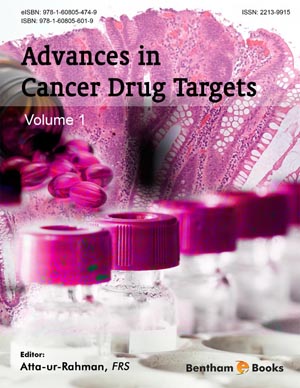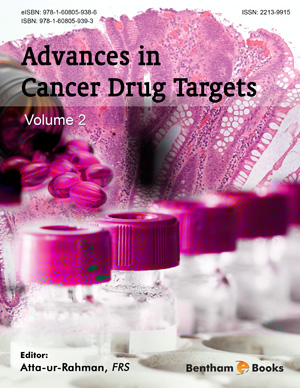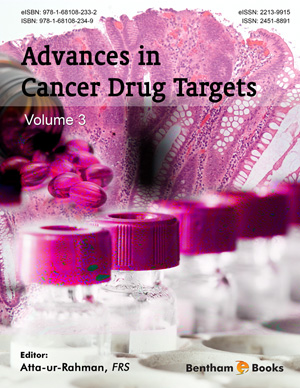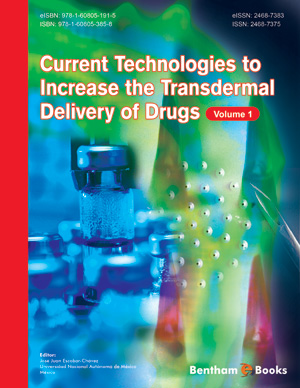Abstract
Culture techniques using matrix structures have been improved for in vitro studies of angiogenesis. Collagen gel culture was used for studying the biological process of angiogenesis. During angiogenesis, electron microscopic and immunohistochemical studies were performed. DNA micro-array gene expression was also conducted. Capillary tubes in the collagen gel were positive for Tnf-α, Nrp-1 and CD133. To test anti-angiogenic drugs, the collagen gel culture was applied. Thalidomide induced the inhibition of cell migration and suppression of Tnf-α. Thalidomide-induced inhibition of angiogenesis involves apoptosis. Cell migration was inhibited by lovastatin. Lovastatin caused the capillary tube degradation. The collagen gel culture provides a useful method for assaying anti-angiogenic effect of drugs.
Keywords: Angiogenesis, Aorta, CD133, collagen gel, culture, DNA micro-array, Fgf, Hematopoietic progenitor cell, Hematopoietic stem Cell, Integrin, laser, lovastatin, nrp, SEM, skeletal muscle, TEM, thalidomide, Tnf-α, Vascular injury, Vegf.






















